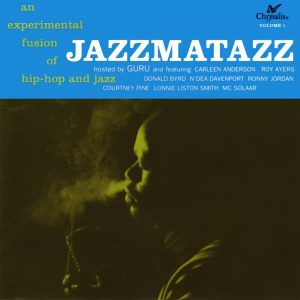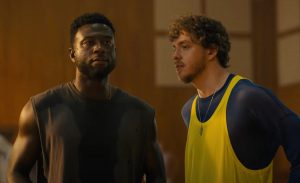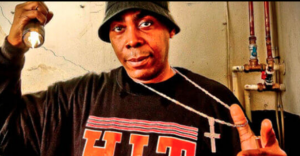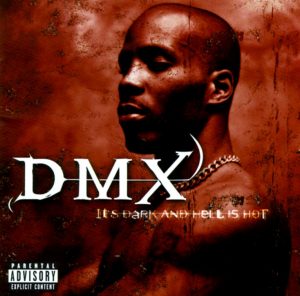
A big year in boxing roars on as Devin Haney will take on Vasiliy Lomachenko over 12 rounds for Haney’s undisputed lightweight champion. Entering undefeated at 29-0 with 15 knockouts, Haney has one mission, dominate Lomachenko.
Speaking with The Source, Haney is poised and knows he fully controls the situation. In conversation, Haney spoke about taking on Lomachenko, what Loma is the right opponent right now, his training, faith, and more.
You got a big fight coming. A super fight with you and Lomachenko. With all of the media appearances and faceoffs, how do you lock in on your focus and not get lost in the chaos of what’s happening?
Devin Haney: I’ve been locked in for a while now. This is a fight I’ve been wanting for years. So it’s easy for me to focus and lock in. I really want to showcase my skillset and everything I bring to the table and go in there and dominate him. I’m coming to show how great I really am.
As the champ, you have the target on you. What’s the difference in being or competing as a challenger and somebody who wants the belts as opposed to someone who’s the actual title holder and on top of the mountain?
I look at it no differently. I still feel like a hunter. I’m still hunting. I still want to fight the top guys. I’m lining them up one by one, and I’m going to keep beating who is in front of me. There is no difference.
You mentioned wanting this fight for a while. You once mentioned there wasn’t a chance Lomachenko would beat you. Then he lost to Lopez months after. What let you know there was value in this fight for you?
Because at one point, the world had him as number one pound for pound. He’s still Loma. He’s not, you know, a slouch. He’s somebody you cannot look past and has crazy experiences. So he brings value to the table. So I want to go in there and make it look easy.
You bring a great deal of respect for each boxer into every fight. Is there a moment where you step back, either before or after, and realize the gravity of who you’re actually fighting?
Every fight, it’s a challenge on paper, but it’s my job to go in there and make it as easy as possible. So, whatever he brings to the table, it won’t matter. When he steps into the ring with me, I’m a different animal.
We mentioned his loss to Lopez, and he’s on a redemption streak now, winning three in a row. You saw the win against Jamaine Ortiz, what did you see that you kept in mind for this one?
That wasn’t a real fight that I really tried to gauge because it wasn’t his best performance. I tried to look at his best performances and gauge Loma from that and study those.
What have you focused on that you wanted to bring specifically into this fight? When you’re training, what have you decided to hone in on?
I’m really just sharpening my tools all around. I want just to sharpen everything and go into the fight as strong and fast as possible.
You moved to Las Vegas as a teen. Now, years later, you headline one of the biggest fights the city has ever seen. What does that feel like for you?
Oh, it’s a blessing. I thank Allah for putting me in this position, it’s something that I’ve always dreamed of. Now, I’m here and cannot thank him enough. I continue to thank him daily for it. I’m definitely one of the chosen ones. I’m excited to go in there and really have fun and showcase my skills.
You mentioned your faith. I saw that you made that trip to Mecca. What was that like for you?
It was a dream come true. It was so surreal. It was crazy, and I can’t even put into words how it felt.
For us here, at the The Source, of course, we are rooted in Hip-Hop. In this 50th year of Hip-Hop, is there an artist or song that you get into during training and preparation?
I listen to everybody. EST Gee, Future, and Lil Baby are my top three right now. I be all over the place. It depends on how I’m feeling that day.
The post SOURCE SPORTS: Devin Haney Talks His Preparation Ahead of Super Fight with Vasiliy Lomachenko appeared first on The Source.









